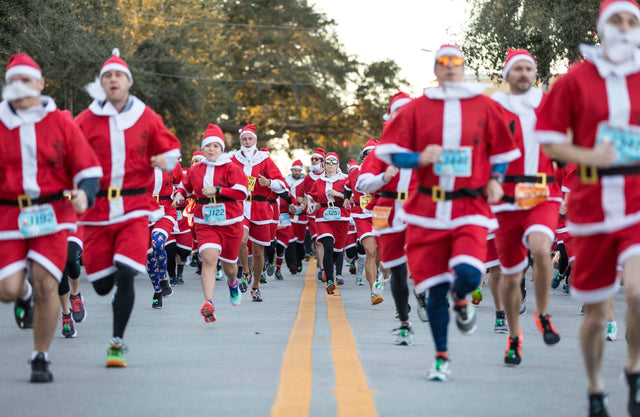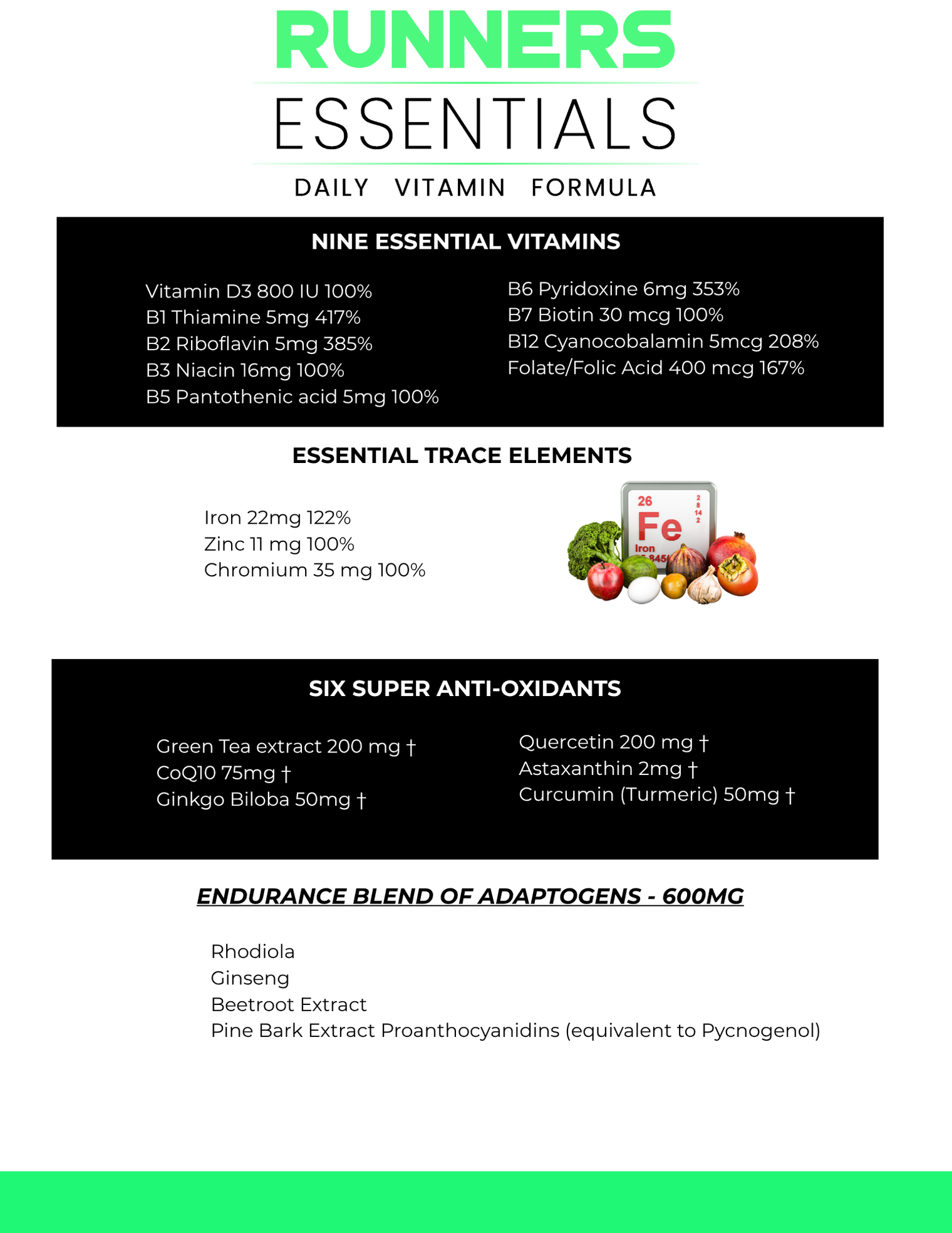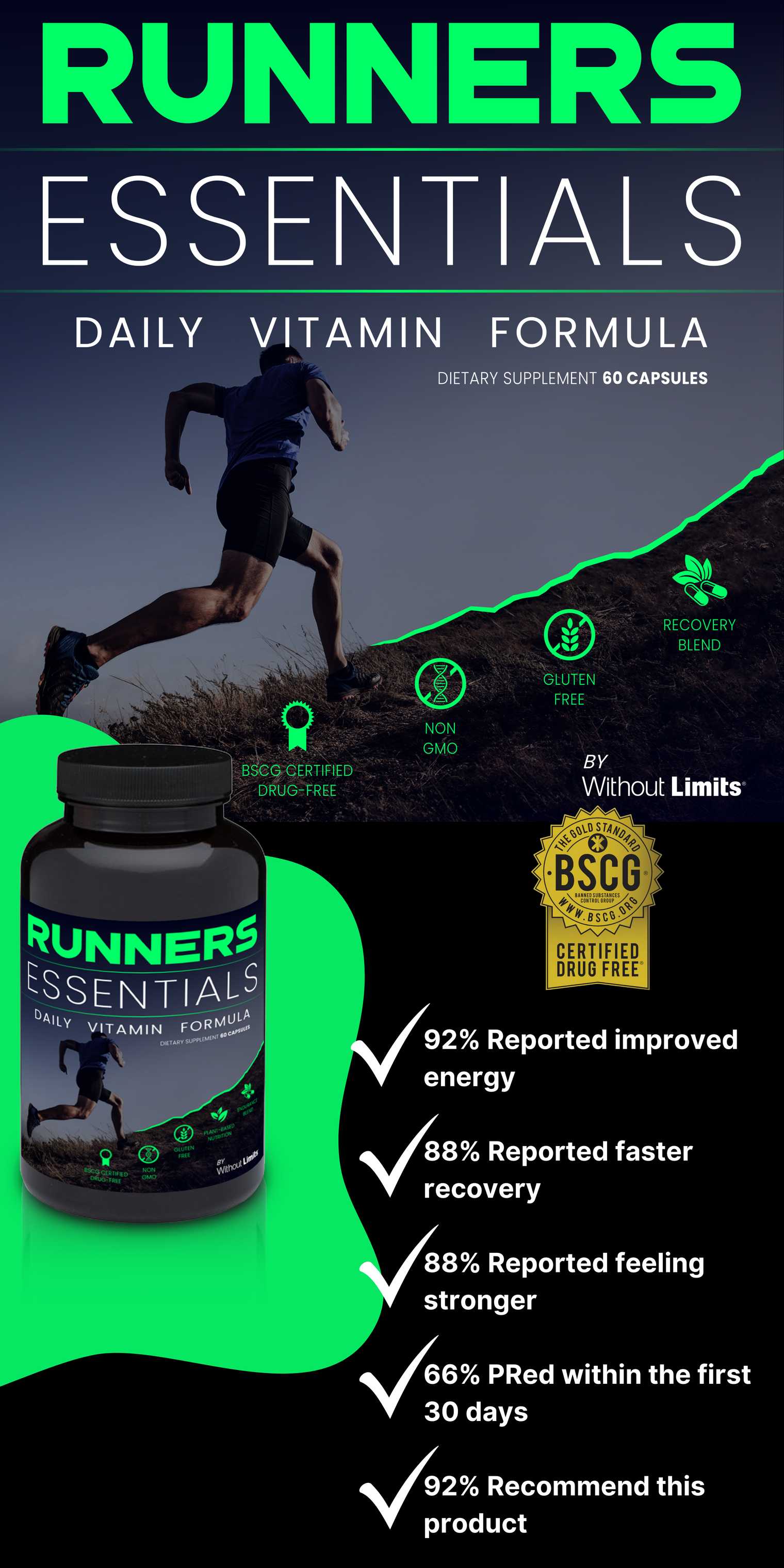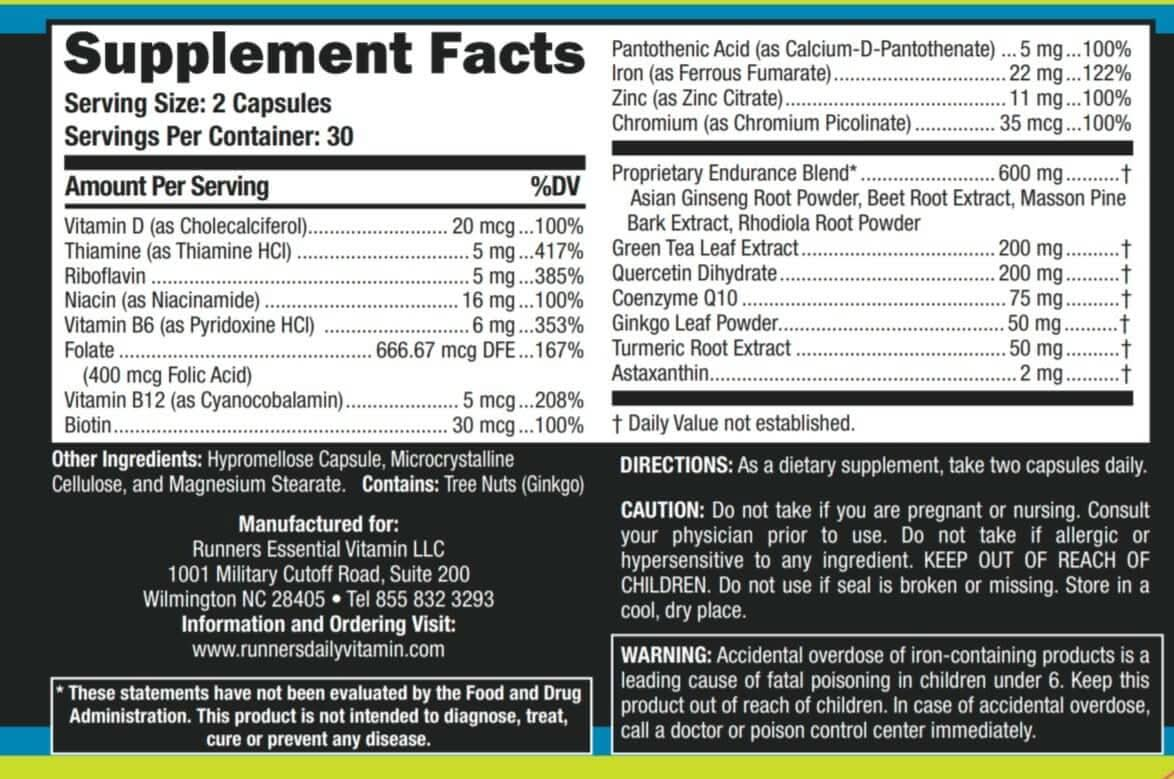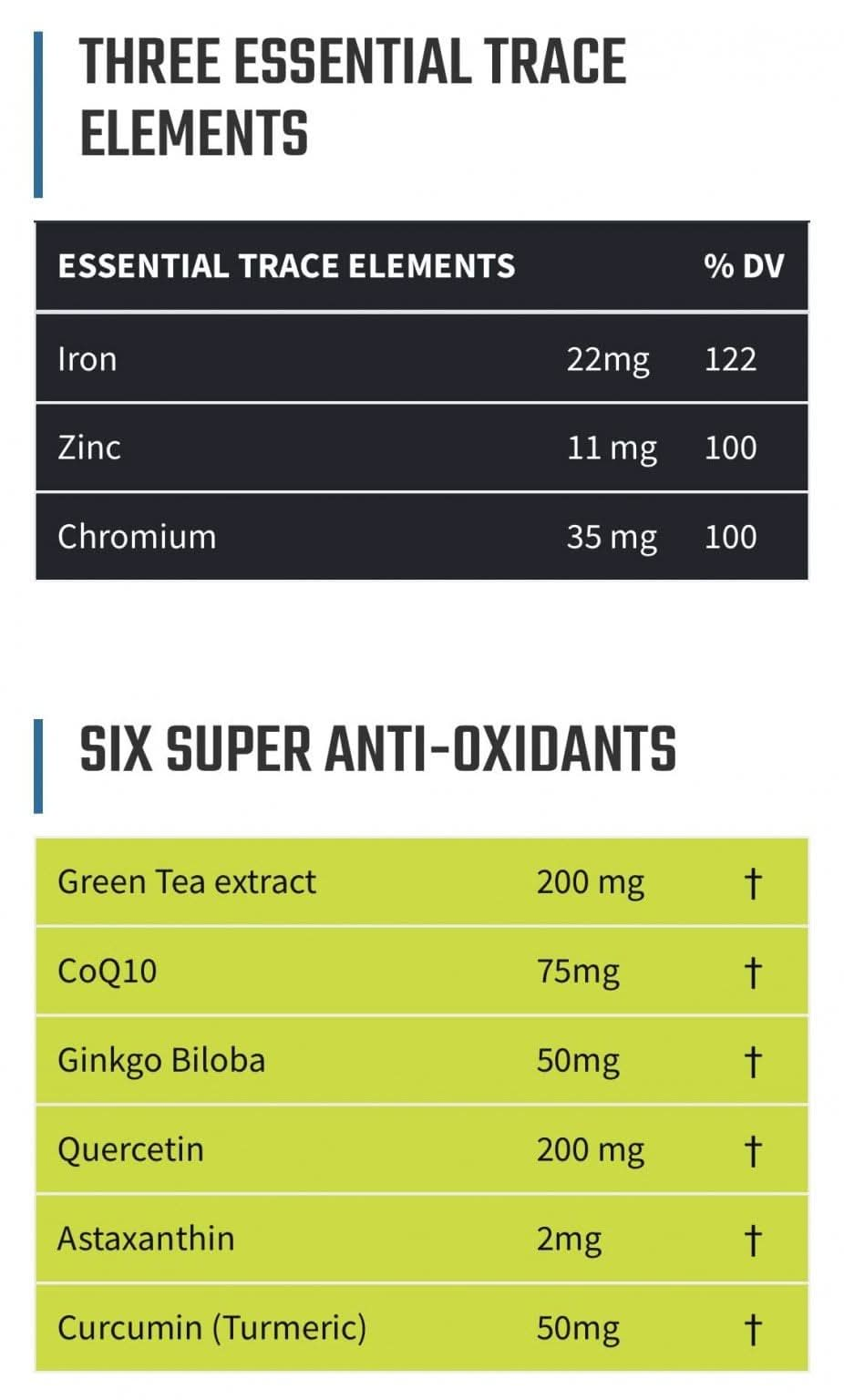A writer’s journey to becoming a runner
For nine months, I haven’t met a day without soreness or left it without exhaustion. Whether nursing an inflamed Achilles tendon or dealing with a pre-arthritic runner’s knee or just a general ache from a speed, distance, or strength workout, my body, at 34, has become the site of a shady remodeling project, a real gut job like someone’s trying to flip me for cash. I ran my first marathon in the spring, came in under four hours, and in the summer I started training for my second. Previously the idea of running two marathons in a year would have seemed preposterous had it crossed my mind at any point during my life, yet here I am, 733 earned miles under my feet since January, hoping to have a good day at the New York Marathon in November.
Becoming an athlete—a class of people I consider myself a part of because of both the constant soreness and exhaustion as well as occasionally not drinking because of a planned workout—has been an all-time great decision, right up there with marriage and seeing OutKast on the Stankonia tour. Unlike becoming a creative—a class of people I consider myself a part of because I occasionally smoke weed and have an astonishing ego—the athlete actually sees measurable progress. Put in work and see results in the body. For instance, mine has gone from writerly schlub to that post-schlub road-biker look with a baby-fat gut and weirdly jacked thighs; the guy who walks into the corner store dripping sweat and tries to buy a huge thing of coconut water and an RxBar with Apple Pay but can’t get the thing to show up on the phone and is holding up the whole line.
But also: Put in work and see numbers. Real numbers, times on a stopwatch, data logged, arrayed, and analyzed. I have a record of the same workout I’ve done for the past year and to see my pace quicken, to see my heart rate decrease as I shorten those times little by little has been the most rewarding thing. They say that you need a hobby if you are going to be a creative type, something where you can be objectively successful instead of subjectively and hopelessly typing words trying to convey meaning and style. Cooking, gardening, woodcraft, Starcraft, whatever. Long-distance running has become my hobby, the tangible and tactile activity that exists alongside this indestructible and altogether unhealthy desire to be regarded as a writer and editor of note.
I wasn’t necessarily an athlete growing up: I played sports because that was the main after-school activity you could really do in my town other than Cub Scouts (too churchy) or 4-H (too muddy and too churchy). So I sportsed, but by the time the youth rec league transitioned from charmingly participatory to actually competitive, I was slotted into the also-ran positions in each one: soccer (fullback), track (3000m race), and basketball (the guy who’s encouraged to pass it). I was the utility player who clearly didn’t have one of two things that allow young people to excel at sports: the drive to practice or the innate coordination to not have to practice. When I told my dad I wanted to quit baseball, it led to one of the biggest drag-out family fights in our history, the kind everyone looks back on with eyes down and utter shame.
So I grew into an oblong creative-type. Soccer practice turned into play rehearsal, baseball turned to transcribing Stan Getz solos, getting exercise was replaced by a life of the mind which included a lay interest in fiction while getting high and ordering two double cheeseburgers at McDonald’s on the way back from band practice. It all flowed easily; there was no one disappointed in my skill level, no teammate disappointed in my fear of the ball, no pithy orange slices to factor into the process.
Until this year, I didn’t really know what it took to be an athlete. I had worked out, yes; I had even gone to the gym for a couple of years, but that was more out of vanity than any kind of goal (the goal was to look attractive enough to be able to play a convincing Romeo, a contrapuntal action to distract from the fact that this Romeo was going bald). Insanity is doing the same thing and expecting different results. Athleticism is, in my understanding of it, doing the same thing and expecting different results—and actually getting them. The first day running on the road is misery. You are moving as if a bungee cord is attached to your back. But each day the bungee loosens until it’s gone, as long as you keep doing the same thing, keep setting the alarm, keep committing to honing the rhythm of the day when you are getting up to run and refining the posture and movement of the legs and body. 800-meter repeats, six times up the hill, four-mile loop at your marathon pace. Running is an exercise of repetition and trust that if you continue to do the workout, it will get better and better. Fall into the pattern like a trance, add a couple of speed workouts, and suddenly my 34-year-old body is using oxygen like a goddamn 20-year-old.
This, I think, has given me perspective on the struggles of media and music. (I should also add this is why writers are encouraged to embrace a real hobby; to find a new perspective through the eyes of a subculture and use it to add dimension to their essays.) In the worst of days online, it can feel like we are trapped in a repetitive, recursive nightmare. We struggle with how to process the same information—delivered in the same kind of way—over and over because nothing seems to be changing. Another day, another spate of horrifying or banal stories and emails delivered with roughly the same tone and commented on wryly or cynically by the same people. At worst, the information becomes toxic and elicits an unwarranted negative response to the sender; at best, we tie our brains into some mariner’s knot to try and have a genuine response to the information. We employ cynicism, nihilism, irony, anger, and contrarianism to try to respond to this sameness. We elide normal response in favor of something so layered and inscrutable as to be entirely without actual meaning. But do we grow? Do we get faster? Do the numbers really go up?
In music, repetition evokes hypnosis and familiarity—the warmth of a house beat, the comfort of a vi, IV, I chord pattern. In writing, repetition evokes a motif, a signal to pay attention to this, or a crutch a writer relies on. In nature, repetition forms in snowflakes and snail shells, a result of mathematics and natural selection. The phenomena of repetition and recursion are so often signifiers of meaning and beauty, except when it comes to how we consume media. Because of the pace of digital media and publishing, information has to constantly be packaged in different ways else we over-familiarize ourselves with it and the package begins to curdle. Every day, we are recalibrating ourselves to the speed with which we need to absorb and familiarize ourselves with new news, new emails, new music, books, movies, because there is no governor on the amount of information we can have. When I’m feeling a pain in my ankle on a run, my brain and body tell me to stop. When I’m blithely checking Twitter before bed, I don’t have any reaction that tells me I have already had too much information for the day.
The term “brain worms” is employed as a kind of in-joke when someone on Twitter leaps to what seems like the most absurd, layered, reactionary, referential response to a piece of information. Mostly “brain worms” is just what happens when you think the online world is exercise, when you believe you are accruing something or making the numbers go up, when in reality you are just loading an overworked, injured brain and nothing is changing. Everything feels recursive because you cannot process new information.
Running has made me more sympathetic to an honest response, to patience, to the idea of approaching the same thing with new eyes. At the end of a long 14-mile training run, knowing that it is a distance greater than a half-marathon, that I am just out here doing the work, running a loop, slowly strengthening and building to do better the next time, I feel better than any one moment in life outside of getting some writing done.
RECOMMENDED





